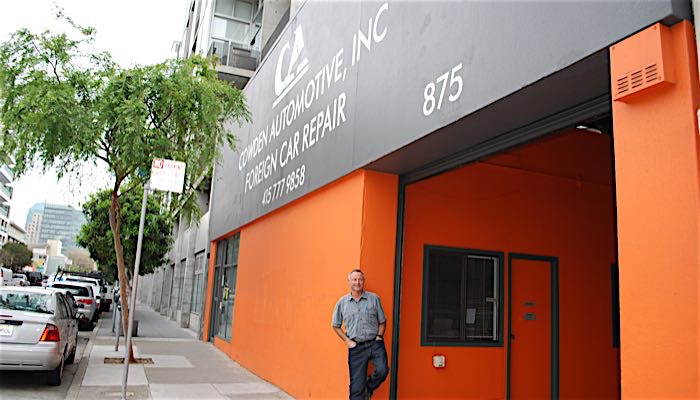 Nearly 2 million (1,951,243) Toyota and Lexus hybrid vehicles have been sold in the United States, significantly reducing CO2 emissions and fuel consumption.
Nearly 2 million (1,951,243) Toyota and Lexus hybrid vehicles have been sold in the United States, significantly reducing CO2 emissions and fuel consumption.
The announcement was made recently by Toyota Motor Sales (TMS), U.S.A, Inc. in conjunction with Toyota Motor Corporation’s announcement in Japan that it has sold 5 million hybrid vehicles worldwide.
Toyota estimates that its global fleet of nearly 20 hybrid vehicles has resulted in approximately 34 million fewer tons of CO2 emissions than those emitted by gasoline-powered vehicles. Many environmental experts believe CO2 emissions are a major cause of climate change occurring in the world today.
In addition, Toyota estimates its hybrids have saved their owners more than 3 billion gallons of gasoline compared to gasoline-only powered vehicles.
“With more than 50 hybrid vehicle models from various manufacturers available in the U.S. today, hybrids on the road are saving nearly 500 million gallons of petroleum annually in this country,” said Tony Markel, senior engineer with the U.S. Department of Energy’s (DOE) National Renewable Energy Laboratory (NREL), in Golden, Colo.
He recalled that DOE and NREL’s collaborative research with the auto industry, which started 20 years ago, spurred the development of hybrid-electric technology for the mainstream market to help reduce the country’s dependence on petroleum.
“With millions of hybrid vehicles on the road today, hybrid powertrains are mainstream market reality,” Markel concluded.
Toyota and Lexus hybrid vehicles make up 70 percent of the U.S. auto industry’s total hybrid sales, while they account for 16 percent of overall Toyota/Lexus sales, both globally and locally. Total industry hybrid sales are roughly three percent of the nation’s car market.
Toyota and Lexus sell 19 hybrid models and one plug-in hybrid in 80 countries and regions around the world. Twelve of the models are available in the United States, including seven from Toyota and five from Lexus. They are Prius Liftback, Prius v, Prius c, Prius Plug-in, Camry Hybrid, Avalon Hybrid, Highlander Hybrid, Lexus CT 200h, ES 300h, GS 450h, LS 600h and RX 450h.
Of the 12 U.S. models, Camry Hybrid, Avalon Hybrid and RX 450h are manufactured in North America with a fourth model, Highlander Hybrid, planned.
Between now and the end of 2015, Toyota will introduce 18 new hybrid models and expects global sales of its hybrids to be at least 1 million units a year in the same period. TMS forecasts that about one-third of those will be sold in the United States.
“The first Prius was a surprising success and we never imagined the market would become as vast as it has for the hybrid powertrain,” said Bob Carter, TMS senior vice president of automotive operations.
Toyota’s hybrid vehicle sales in the United States began in July 2000 with the first-generation Prius and it provided consumers excellent fuel economy and reduced emissions using a precursor to Toyota’s advanced Hybrid Synergy Drive System. The high-technology nature and environmental benefits offered by this early Prius helped it appeal to a small but passionate following of early adopters.
With just 5,562 sold in the first six months, the Prius would eventually find favor with consumers helping it become the recognized symbol of hybrid technology. As a result, it has inspired the development of hybrid vehicles by competitors, with more than 50 models on the market today.
The first Prius has evolved into a modern family of vehicles, while leading to the development of a wide range of additional Toyota and Lexus hybrid models.

